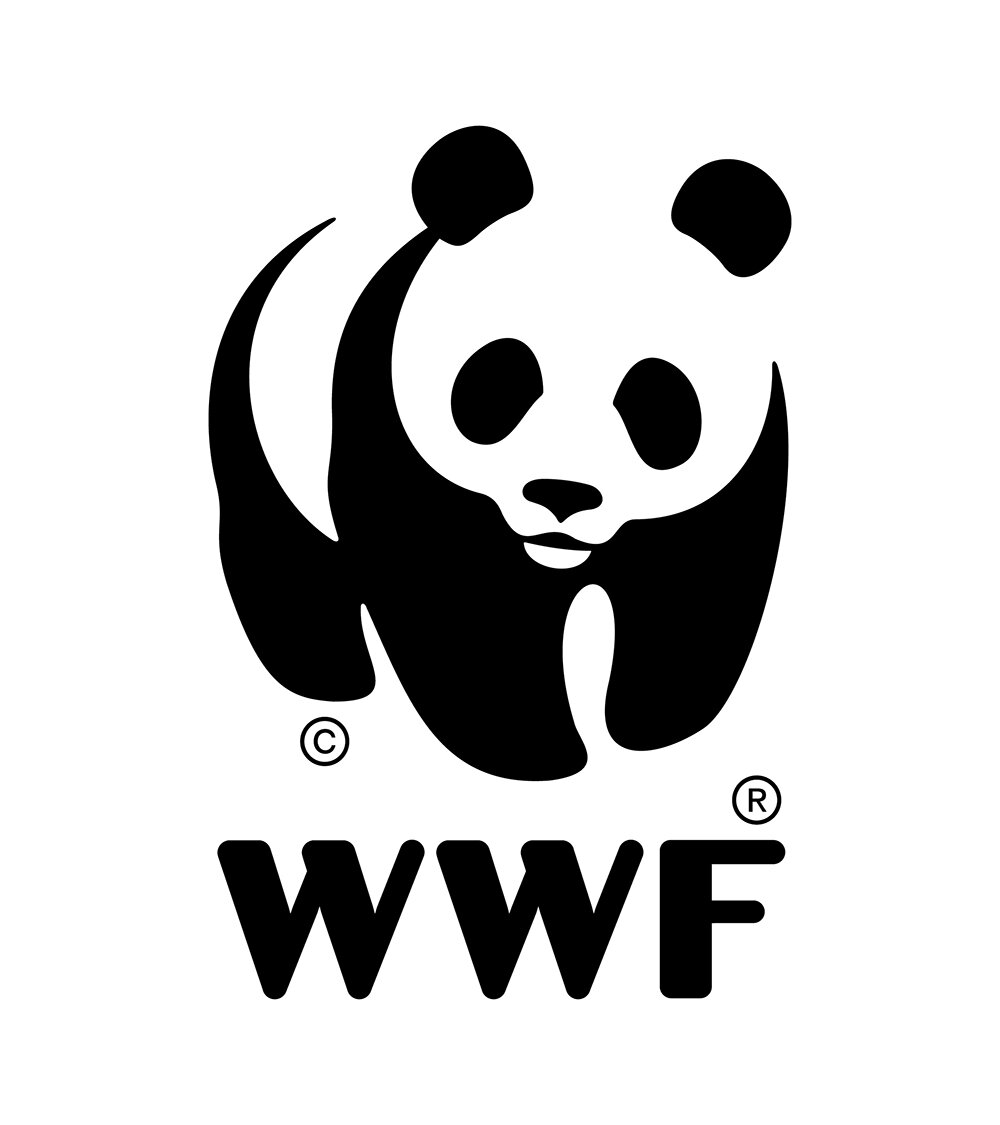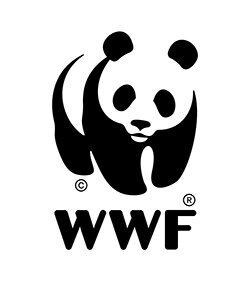Record low sea ice signals need for swift and greater protection of Antarctica, warns WWF
© UCSC-WWF-Chris Johnson -PermitUnderNOAA
HOBART, Australia (12 October) – WWF is calling on the Commission for the Conservation of Antarctic Marine Living Resources (CCAMLR) to prioritise the conservation of Antarctic wildlife and designate three new marine protected areas (MPAs) as sea ice has declined to record lows, causing mass deaths of vulnerable species and potentially signalling Antarctica's shift to an unstable state.
The 27-member body will meet next week (16-27 October) in Hobart, Australia to discuss the unprecedented drop in sea ice and Antarctica’s stability, and after over a decade of deliberations, WWF hopes members will come to a decision on what can be done around Antarctica’s changing environment by establishing MPAs in the Antarctic Peninsula, Weddell Sea and East Antarctica.
“The sudden decline in sea ice will have serious consequences both globally and locally for wildlife,” says Emily Grilly, WWF Antarctic Conservation Manager. “We are already seeing effects of a rapidly changing environment on emperor penguins, Antarctic krill, humpback whales and many other vulnerable species.”
“The Southern Ocean serves as a crucial feeding ground for various baleen whales, which rely on Antarctic krill for sustenance during the summer months. However, the availability of krill is affected by fluctuating levels of sea ice,” says Chris Johnson, Global Lead for WWF’s Protecting Whales & Dolphins Initiative. “Recent research indicates that reduced krill levels are impacting the ability of humpback whales to get pregnant later in the year in their tropical breeding grounds.”
Sea ice in Antarctica shrank to the smallest area on record in February 2023, beating the previous record-low set in 2022. From June to August this year, during Antarctica’s winter when sea ice cover grows, there have been additional record-breaking low levels continuing a decade-long decline.
“MPAs would limit human activity, particularly fishing, in the critical habitats these species need to recover and develop resilience to a changing environment. We can’t stop all the effects of climate change in the short term, but we can take the pressure off in other ways,” adds Grilly.
“It is important to recognize that krill is not an infinite resource. To preserve Antarctic biodiversity, including krill populations and whales, and to provide a space for marine life to adapt to climate change, it is essential for CCAMLR to establish MPAs. MPAs serve as safe havens for wildlife, protecting them from human-induced pressures such as industrial fishing. Antarctic MPAs will offer a range of benefits for both nature and people,” says Johnson.
The three MPAs, if established, would safeguard nearly 4 million square kilometres of Antarctica’s ocean. That is roughly the size of the EU and represents 1% of the global ocean. Together this would secure the largest act of ocean protection in history.
Solid ice habitats are required by endemic species like the emperor penguins to breed and raise their young. In late 2022, an early ice breakup caused the emperor penguin colonies in the Bellingshausen Sea to experience total breeding collapse when an estimated 9,000 chicks died before they could grow adult waterproof feathers and learn to swim. Current projections indicate that emperor penguins may be extinct by 2100.
Antarctic krill, small crustaceans that rely on sea ice habitats, and serve as the foundation of the Antarctic food web, have also been affected. There are reported declines of krill around the Antarctic Peninsula, which is also home to a large-scale industrial krill fishery. In some regions, krill populations are projected to decline by 40% by the end of the century.
Further evidence around the Antarctic Peninsula indicates that chinstrap penguins have declined by 30%; Adelie penguin populations are projected to decline by 30% by 2060; and humpback whales are experiencing reduced pregnancy rates in years following low krill availability.
“The evidence of a rapidly changing environment and the impacts on iconic wildlife is irrefutable. CCAMLR has been deliberating over these proposed MPAs for over a decade. Leaders must prioritise conservation in this sensitive region and honour their commitment to establishing a network of MPAs around the continent. We cannot wait any longer,” says Grilly.
For further information, please contact news@wwfint.org
Notes to editors
The Commission for the Conservation of Antarctic Marine Living Resources (CCAMLR) was established by an international convention in 1982 with the objective of conserving Antarctic marine life. CCAMLR is a consensus-based organisation consisting of 27 members, including the EU and eight of its member states. CCAMLR’s mandate includes fisheries management based on an ecosystem approach, the protection of Antarctic nature and the creation of marine protected areas.
In 2009, CCAMLR member countries began to undertake their responsibilities to establish a network of MPAs throughout the Southern Ocean and established the first high-seas MPA on the southern shelf of the South Orkney Islands. In 2016, the world’s largest MPA was agreed in the Ross Sea (2.09 million km2).
Currently, there are three proposals for the creation of new MPAs in the Southern Ocean: East Antarctica (0.95 million km2), the Weddell Sea (2.18 million km2), and the Antarctic Peninsula (0.65 million km2).
The protection of these three large areas would safeguard nearly 4 million km2 of Antarctica’s ocean. That is roughly the size of the EU and represents 1% of the global ocean. Together this would secure the largest act of ocean protection in history.
For additional information on CCAMLR, visit: https://www.ccamlr.org/en/organisation/about-ccamlr
Sea ice
Antarctic sea ice reaches an early winter record low in June 2023 | NOAA Climate.gov
Antarctic krill
Krill Are Disappearing from Antarctic Waters - Scientific American
WWF 2022 report: Antarctic krill: Powerhouse of the Southern Ocean
Impacts on Antarctic wildlife
For Antarctica’s emperor penguins, ‘there is no time left’ (nationalgeographic.com)
Massive decline of chinstrap penguins | Polarjournal
New research: krill availability impacts humpback whale pregnancies | WWF Australia


